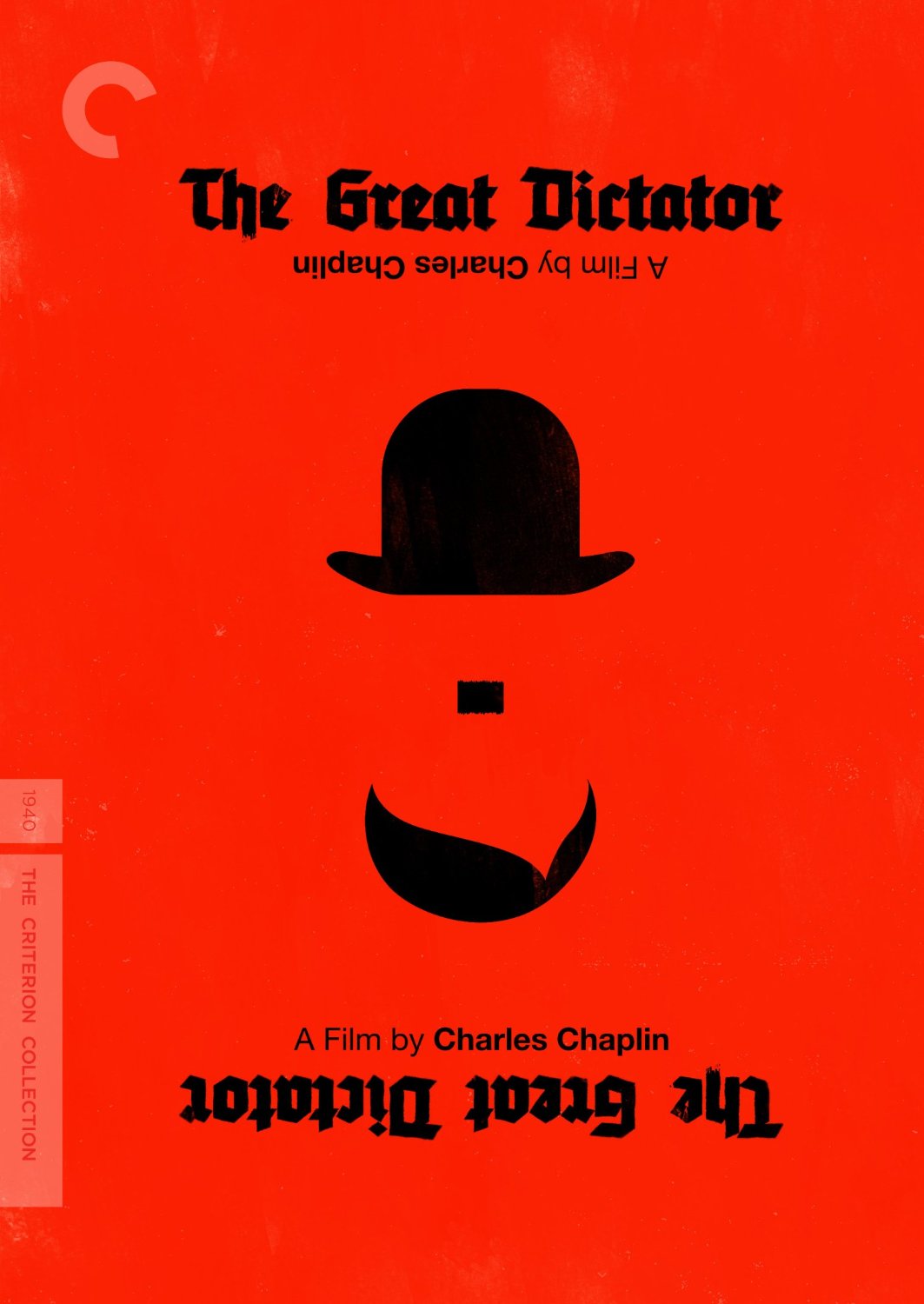
If you want, you can picture an image of the Pokémon Slowpoke with the words “Hey, The Great Dictator is a great movie!” around him. After all, the movie came out in 1940, and was a critical and commercial success. So you know, duh. But sometimes obvious things need to be said, so… Hey, The Great Dictator is a great movie! But more than that, it’s a surprisingly brave movie, showing the brutality of Hitler’s reign while coming out before the United States got involved in World War II. (It’s Chaplin, so it’s also funny.)
The story features Chaplin in a double role; he plays the Hitler stand-in Adenoid Hynkel, and an unnamed Jewish barber, a character similar to the Little Tramp. The barber gets injured during World War I and has a case of amnesia where he thinks he’s only been gone for a few weeks and will return to his shop soon, despite having spent decades in a hospital. The barber escapes to return to his shop in a Jewish Ghetto, only to discover that Hynkel’s rule has made things tough on the Jews. Meanwhile, Hynkel is trying to quell rebellion (mostly via executions and concentration camps) and get the money to allow him to invade the neighboring country Osterlich. Shenanigans happen, and the barber replaces Hynkel and delivers the speech you’ve been seeing reblogs of on Tumblr in animated GIF form.
The Great Dictator is, of course, a comedy, but it also has teeth in the form of scenes that are legitimately terrifying. When Hynkel delivers a radio address against the Jews, his face becomes so distorted with rage, that even though he’s speaking in a gibberish-laden fake German, it’s frightening. The biggest shock, however, is when the barber, dressed for a date in his finest clothes — that just so happen to make him look like the Little Tramp — is grabbed by stormtroopers and thrown down to receive a savage beating (which is, thankfully, stopped before harm can come to the barber). It’s this scene that lays bare the anger that Chaplin had toward the Nazis — he literally shows a scene where Nazis are going to brutally murder a beloved character of comedy films representing cleverness and sweetness. (This is based in real life — the Nazis used the Little Tramp character as an example of what was wrong with the Jewish people, despite the fact that neither the character nor Chaplin himself were actually Jewish.)
Though The Great Dictator was a hit when it came out, it’s pointed as being the beginning of Chaplin’s downfall in the public eye, because it was so political, with the final speech being referenced by his critics, including many political figures in this country who wanted him out, as one of the things that showed he was a Communist (which he also wasn’t). The thing about that — the speech itself basically boils down to “Be excellent to each other”. It’s remarkable how preaching kindness can be so controversial… but then again, the controversy over kindness continues today.










